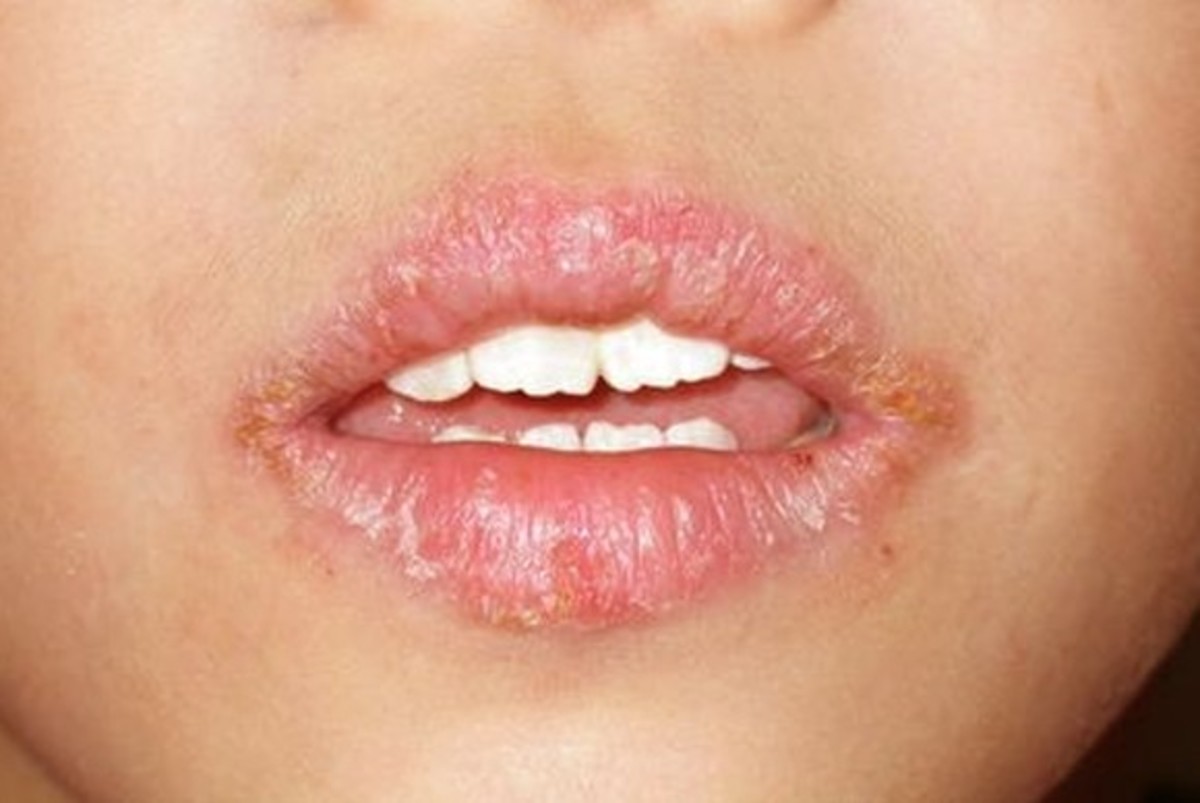Angular Cheilitis: Causes, Symptoms, Treatment, and Prevention
Table of Contents
Angular cheilitis, also known as perleche or angular stomatitis, is a common inflammatory skin condition that affects the corners of the mouth. It is characterized by redness, cracking, and soreness in the corners of the mouth, which can be painful and unsightly. Angular cheilitis can occur in people of all ages, but it is more common in older adults and people with weakened immune systems.

Causes of Angular Cheilitis
There are several factors that can contribute to the development of angular cheilitis, including:
- Excessive licking or biting of the lips
- Dry mouth
- Ill-fitting dentures or braces
- Nutritional deficiencies, such as iron or vitamin B12 deficiency
- Infections, such as oral thrush or bacterial infections
- Smoking or tobacco use
Symptoms of Angular Cheilitis
The symptoms of angular cheilitis can vary from person to person, but they typically include:
- Redness and inflammation in the corners of the mouth
- Dryness and cracking of the skin
- Bleeding or oozing from the corners of the mouth
- Pain or discomfort when opening the mouth or eating
- Itching or burning sensation in the affected area
Treatment and Prevention of Angular Cheilitis
Angular cheilitis can be treated with a variety of methods, including:
- Topical creams or ointments that contain antifungal or antibacterial agents
- Oral medications that can help to treat underlying infections or deficiencies
- Moisturizing the affected area with lip balms or petroleum jelly
- Using a humidifier to keep the air moist
- Avoiding excessive licking or biting of the lips
- Ensuring proper oral hygiene, including brushing and flossing regularly
- Getting regular dental check-ups to ensure proper fit of dentures or braces
- Eating a balanced diet that includes foods rich in iron and vitamin B12
Advantages and Disadvantages of Angular Cheilitis Treatment
The advantages of treating angular cheilitis are that it can relieve painful and unsightly symptoms and prevent more serious infections. Meanwhile, the drawback is that some drugs can cause side effects, such as irritation and redness of the skin.
FAQs
Q: Is angular cheilitis contagious?
A: No, angular cheilitis is not a contagious disease.
Q: What should I avoid when I have angular cheilitis?
A: Avoid spicy or sour foods, and avoid biting or licking your lips too often.
Q: Can angular cheilitis heal by itself?
A: Yes, in some cases, angular cheilitis can heal on its own without special treatment.
Q: Can angular cheilitis reappear after it's healed?
A: Yes, if not treated properly or if the precipitating factors are not treated, angular cheilitis can reappear after recovery.
